Hossein Askari, who teaches at George Washington University, tells the Tehran Times that “Justice and a just social and political system is thus an essential outcome of the Islamic system if Muslims comply with Divine rules.”
Following is the text of the interview:
What is the title of your forthcoming book and when will it be published?
My forthcoming book, co-authored with Dr. Abbas Mirakhor, is tentatively entitled Ancient to Contemporary Theories of Justice: An Islamic Perspective. We hope that it will be published in early 2019.
What is your focus in this book and what is your hypothesis?
We examine the theories of justice chronologically from to about 2000 BC to the present. Along the way, we discuss the Islamic theory of justice which was revealed in the holy Quran and interpreted by the Prophet Mohammad in the 7th Century. After examining the Islamic theory of justice we compare theories that followed the revelation of Quran to that of Islam. A major difference between Islam’s theory of justice and most other theories is that Islam is a rules-based religion and a just society emerges if its rules are followed.
The Quran's basis for justice is that societies do not need a separate theory of justice, such as those espoused by Marx, Rawls and others, but that compliance with rules of behavior handed down in the Quran and interpreted by the Prophet assures the emergence of justice as a natural outcome of the practice of a rule-compliant society. Justice and a just social and political system is thus an essential outcome of the Islamic system if Muslims comply with Divine rules. Simply said, a society will be just if the rulers and the people are rule-compliant. As Imam Ali ibn Abu Taleb is reputed to have said, justice or ‘adl literally means placing things in their rightful place and also affording equal treatment to others. In other words, Islam has two simple propositions for a just society: (i) place things in their rightful position and (ii) give everyone their rightful due. The first can be merged into the second. The rightful place and right dues are guaranteed by compliance with the rules.
What is important about writing this book?
We live at a time where we see injustice in every nook and cranny of our world. Let me give you an example. The three richest men in the United States—Jeff Bezos, Bill Gates and Warren Buffet—have a combined wealth that is equal to the combined wealth of 50% of all Americans or that of over 150 million people!! I don’t begrudge the wealth of these three men. They have earned it without corruption. Bezos in retailing, Gates in computer software and Buffet in finance. In the case of Gates, he has or will bequeath over 99% of his wealth to charity and he and his wife are devoting their time to make sure that their gift is used in a way that will result in the maximum benefit. Moreover, Gates has shamed many other wealthy Americans to pledge at least 50% of their wealth to charity. Is this wealth distribution just?
Well, to my mind, although Bill and Melinda Gates are doing more than any official redistribution of wealth could achieve, it is still unjust because most wealthy individuals are not Bill and Melinda Gates. Most humans are selfish and hoard wealth, something we see everywhere.
Returning to Islam, just look at the Muslim World. Is there justice in the Muslim World today? The simple answer is absolutely not. There is extreme opulence alongside poverty. Yet Islam prohibits hoarding of wealth and opulent living while advocating poverty eradication. As important is the fact that many of the vast fortunes in the Muslim World have come about from corrupt practices and illegal and preferred access to natural resources—namely oil and gas. In essence, while the fortune of Bill Gates is vast and no man should control so much wealth, the source of his wealth is honorable and he is sharing it more than any rich Muslim that I know of on this planet. It would appear that Gates follows Islamic teachings better than Muslims do!
Sorry to be blunt but there is no other way to say it. Generally speaking, most Muslims carry out the mechanical recommendations of Islam, such as daily prayers and fasting in Ramadan, but they generally fail badly when it comes to its behavioral demands—admonishing corruption and sharing their wealth.
Why all this is important is that justice is the glue that holds society together and gives us all hope. When injustice becomes all-pervasive, people lose hope, and society slowly slides into conflict with itself and collapses.
Interview by Javad Heiranni

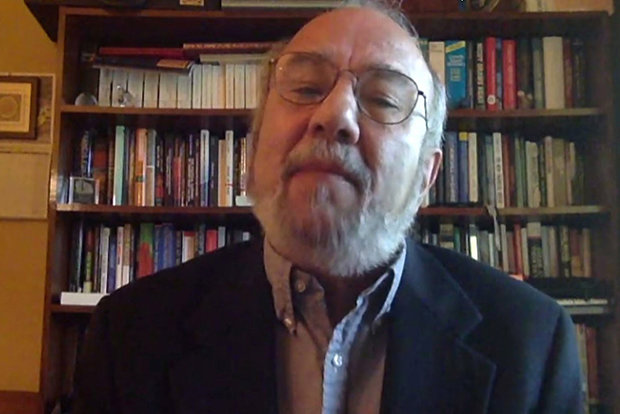
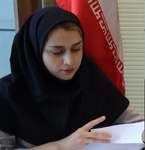
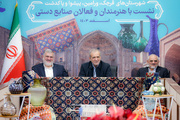
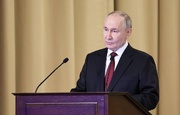
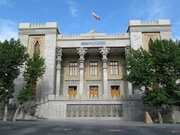


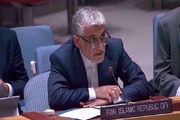

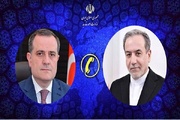

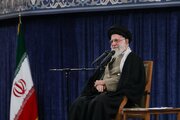
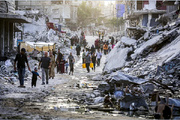

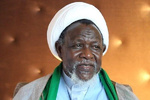
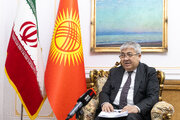
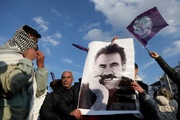
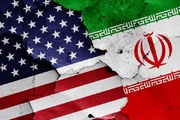
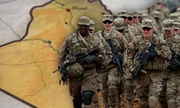
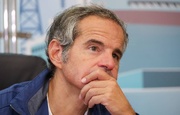
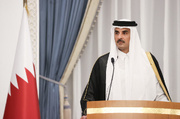

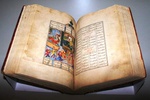

Your Comment